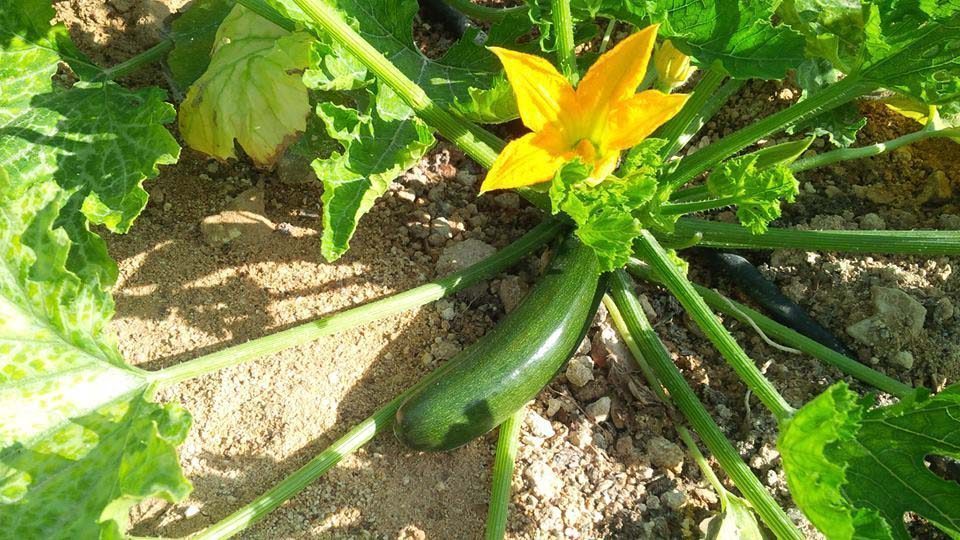
A year-long project in Qatar to develop organic produce at reasonable prices is finally bearing fruit, according to the country’s Ministry of Environment (MOE).
Speaking to Al Sharq this week, the ministry’s head of agricultural affairs said that Qatar now has five organic farms in operation.
The aim of the farms is to help make healthy eating options more affordable for Qatar residents – and help boost the nation’s food security.

Yousuf Khalid Al Khulaifi added that developing this sector has become crucial due to rising demand.
Last year, a regional study found that Qatar residents have been buying more meat, fruit and organic foods, as the young, wealthy, urban – and increasingly obese – population attempts to shift their eating habits to a more healthier diet.
According to Al Khulaifi, the benefit of eating organic is that the fruits and vegetables are produced without pesticides and chemical fertilizers.
Elsewhere in Qatar, the ministry has been working with non-organic farms, providing pesticides that decay after a maximum of one week, so that the crop is free from the chemical’s effects by the time it is sold to consumers, he added.
Where to find it
Some of the five farms’ crops are on sale at the local farmer’s markets. The organic produce is also available in many shops and restaurants across Qatar.

For example, co-owner of Al Safwa organic farms Olfa Guetata previously told Doha News that it supplies ingredients to the Diplomatic Club, Italian restaurant La Spiga at the W Hotel and the French Supermarket Monoprix.
Guetata added that whereas some imported vegetables retail for QR150/kg, her farm’s organic tomatoes cost QR37/kg, which is much “more reasonable.”
The MOE is also working on a a project to connect new irrigations systems to 250 farms, with the aim of rolling out the system to all of Qatar’s 1,340 local farms, Al Khulaifi said.
Meanwhile, the country is also working to increase the number of bee farms from 80 to 120.
Last year, the 80 farms produced 1.8 tons of honey, according to Al Khulaifi.
Local production
As a desert nation with little agricultural resources and a rapidly growing population, Qatar is largely reliant on imports to feed its residents.
In an attempt to ease this dependency, 6 million square meters of land has been allocated to produce fodder for livestock, according to Al Khulaifi, who added that this huge project is expected to cover the country’s consumption of fodder.

According to government figures, production of fodder has increased dramatically in recent years, by 73 percent between 2009 and 2013, from 331,101 tons to 574,207 tons.
The trend coincides with Qatar’s move to lessen its dependence on dairy and livestock imports. For example, the country was 8.5 percent “self-sufficient” in meats in 2013, up from 6 percent in 2009.
To further help with its sufficiency goals, the Ministry of Economy and Commerce (MEC) announced plans to establish a mega-farm for poultry and dairy production last year.

It did not specify a completion date, but said that once the development is operational, it is expected to produce 40,000 tons of fresh and frozen chickens annually, in addition to 7,500 tons of eggs each year.
Though officials have previously said Qatar imports 90 percent of its food, Khalifa Al Ansari, head of farmers’ affairs at the MOE, said earlier this month that thanks to increased domestic production, that figure has dropped to 85 percent.
Qatar aims to reach a target of growing 40 percent of its own food by 2024.
Thoughts?







